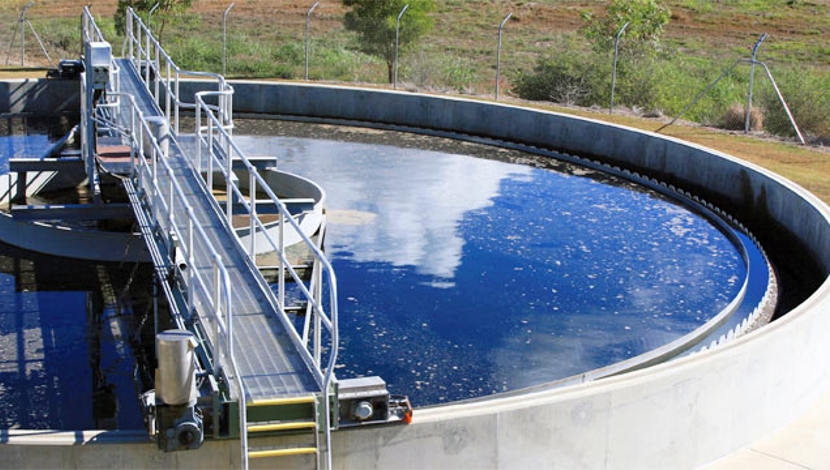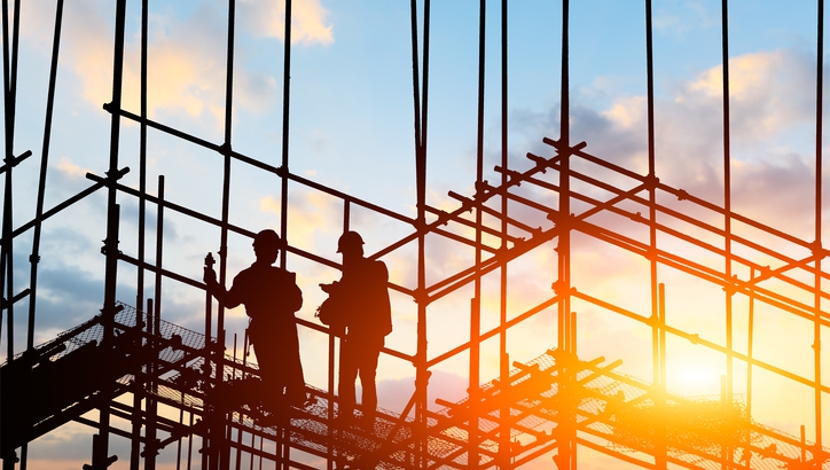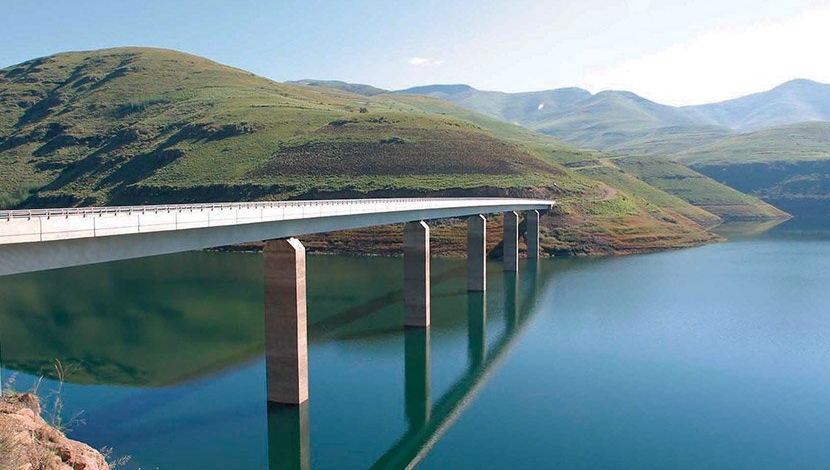
A new study conducted by Investment Property Databank (IPD) and the Green Building Council of SA (GBCSA) has found that energy efficient (EE) commercial buildings in South Africa deliver better financial returns than non-EE buildings for their owners. This, together with South Africa’s challenging economic climate and the looming 2016 carbon tax system, makes the employment of an EE solution an important investment decision for property and business owners alike.
The study investigated 461 commercial buildings and found that the top quartile EE properties delivered a 15.9% total return, 170 basis points higher than the remainder of the buildings which delivered a total return of 14.2%. In addition, while the income returns generated by the two samples of properties were the same, the EE properties achieved a higher capital growth of 8.1%.
According to Dawie Kriel, Head of Engineering at Energy Partners, a leading energy solutions provider in South Africa, implementing a holistic EE plan is often simpler than expected and will always yield immediate and sustainable returns on investment.
Kriel says that transforming an existing building for optimal energy use requires an in-depth understanding of the energy use profile and its components. “It is important for business and property owners to focus on the areas that have the greatest impact on energy use at the best return on investment. The first step is measuring the energy use (be it electricity or other sources) and creating a baseline of consumption for the whole as well as its subcomponents.”
The results can vary, but usually these subcomponents include lighting, climate control, and operational equipment such as IT and data processing, he says. “The information gathered by the measuring process must be evaluated by an experienced energy advisor to identify key saving opportunities.”
“The financial benefit of an effective EE plan is a direct saving on the bottom line that will just increase over time as the cost of energy inevitably increases. The longer owners wait to start the process of managing energy use, the larger the potential losses will become, which can be prevented with the introduction of targeted interventions. In addition, CO2 emissions negatively impact our environment and an opportunity is lost by the owners to position their buildings as a premium address in terms of responsible business,” concludes Kriel.
For more information visit www.energypartners.co.za





